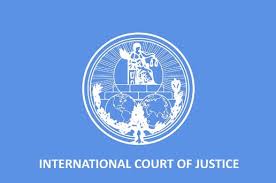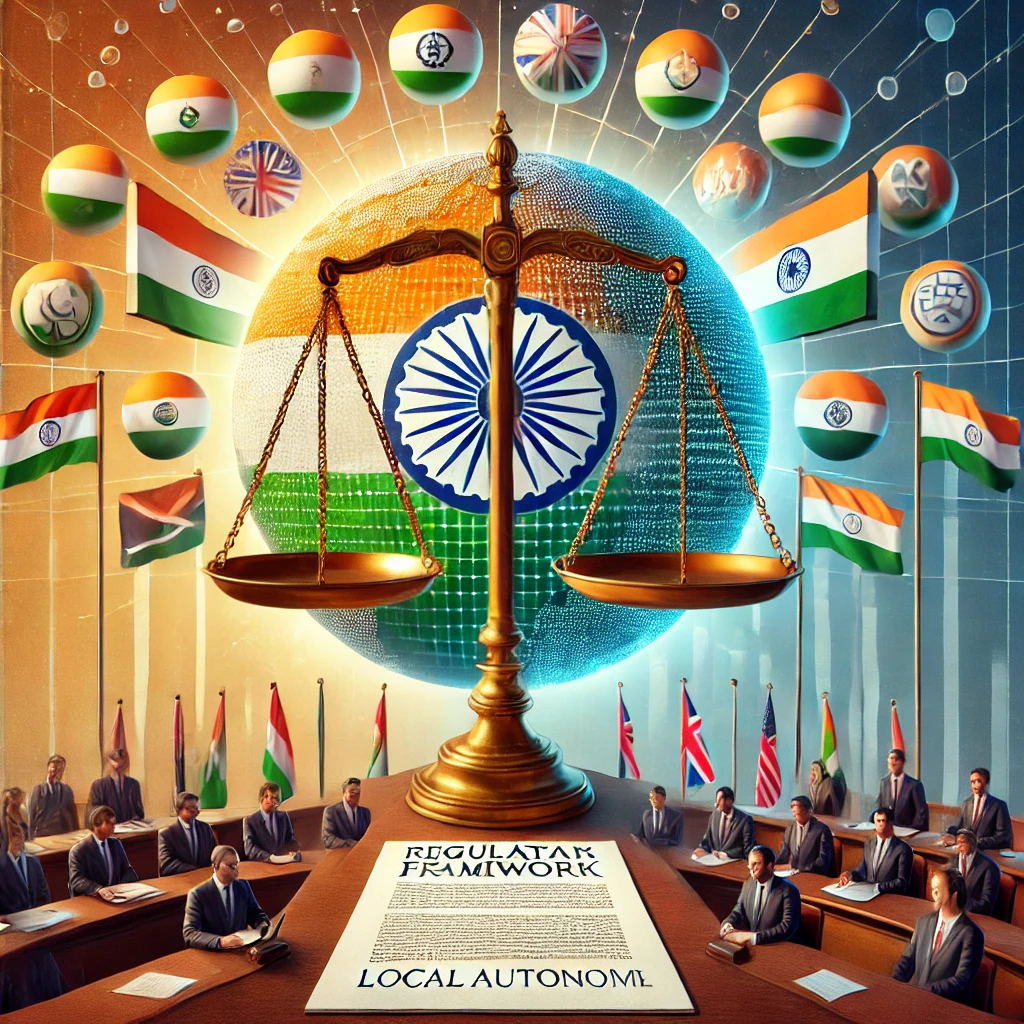Implementation of International Laws in India: Role of Indian Judiciary
The implementation of international laws in India is a complex and evolving issue, shaped by constitutional provisions, legislative action, and significant judicial interpretation. The Indian judiciary, particularly the Supreme Court and High Courts, plays a vital role in interpreting and applying international law principles within the domestic legal framework.
✅ Constitutional Framework
Article 51 (Directive Principles of State Policy)
Encourages the State to foster respect for international law and treaty obligations.
Not enforceable by courts but provides a guiding principle for lawmaking and judicial decisions.
Article 253
Empowers Parliament to make laws to implement international treaties even if the subject falls under the State List.
Article 245 & 246
Define the legislative powers between the Union and the States, crucial in enacting laws related to international treaties.
✅ Types of International Law
1. Customary International Law
Accepted as binding even without written treaties.
Indian courts often accept customary international law unless it conflicts with domestic legislation.
2. Treaties and Conventions
Require domestic legislation to be enforceable in Indian courts.
Mere signing or ratification does not automatically make treaties enforceable.
✅ Role of Indian Judiciary
1. Interpreting Domestic Law in Light of International Law
Courts interpret Indian statutes in harmony with international obligations unless there is a clear inconsistency.
Case: Vishaka v. State of Rajasthan (1997)
Supreme Court used the CEDAW Convention to lay down guidelines on sexual harassment at the workplace.
Highlighted the power of judiciary to fill legal vacuum using international norms.
2. Applying Customary International Law
Indian courts have often relied on customary international law, particularly in human rights and environmental cases.
Case: Gramophone Co. of India Ltd. v. Birendra Bahadur Pandey (1984)
Supreme Court held that customary international law is part of Indian law, unless it contradicts statutory law.
3. Ensuring State Compliance with International Obligations
Courts can direct the government to comply with treaty obligations if it is within the bounds of constitutional provisions.
Case: People's Union for Civil Liberties (PUCL) v. Union of India (2004)
Addressed issues relating to international human rights law, indicating the judiciary's role in upholding obligations.
4. Balancing Sovereignty and Global Norms
Judiciary often balances national interest and international commitments, especially in extradition, trade, and environmental issues.
✅ Limitations on Judiciary's Role
Separation of Powers: Courts cannot compel the government to enter or ratify a treaty.
No automatic incorporation: Treaties require legislative backing to be enforced.
Parliamentary Supremacy: Domestic law prevails over conflicting international obligations unless Parliament amends the law.
✅ Important Cases
| Case | Contribution |
|---|---|
| Vishaka v. State of Rajasthan (1997) | Used CEDAW to frame guidelines on sexual harassment. |
| Gramophone Co. v. Birendra Bahadur (1984) | Recognized customary international law as part of Indian law. |
| PUCL v. Union of India (2004) | Recognized importance of human rights treaties. |
| Golak Nath v. State of Punjab (1967) | Early discussion on fundamental rights and international influence. |
| Apparel Export Promotion Council v. A.K. Chopra (1999) | Reinforced Vishaka guidelines, emphasized gender equality in line with international law. |
✅ Conclusion
The Indian judiciary plays a crucial interpretative and enforcement role in the implementation of international laws. While India follows a dualist approach—requiring domestic legislation to give effect to treaties—the courts have creatively used international norms to advance justice, especially in areas like human rights, environmental protection, and gender justice.
Going forward, the judiciary is expected to continue balancing India's sovereign legal structure with its growing international obligations, ensuring that international law principles are harmoniously integrated into the Indian legal framework.
Do write to us if you need any further assistance.












comments